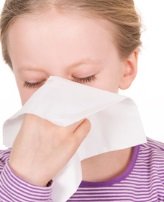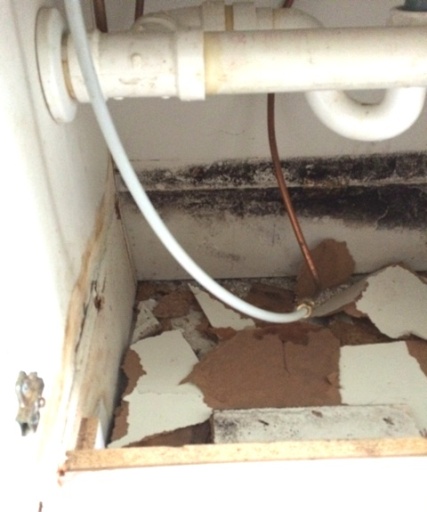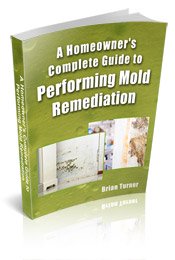Find a Mold Specialist Now
Click or Call, Toll-Free 24/7
Black Mold Symptoms
Mold growth in a home can cause black mold symptoms to appear, because continued exposure brings about a black mold health problem. Mold can grow in crevices and corners that are not readily visible, which means that the problem can spread through a building unnoticeable.
How to Identify a Mold Problem

Your first clue of a mold problem is that you are experiencing mold exposure symptoms, but the problem is that many of the symptoms can be similar to other health conditions. If you have a stuffy nose, sinus problems, headaches, dizziness, nausea, irritated eyes, or trouble breathing it could be a sign of a black mold health problem. Some of these symptoms can be caused by other health problems such as the flu, but continued symptoms usually indicate that there is a source of toxic exposure.
Looking for mold within a house can be a big process, especially if you are not familiar with the environment where mold likes to grow. Consulting with a mold specialist can be the most effective way to identify a black mold health problem, because they have specialized equipment that will test for mold spores. If the air tests positive for mold spores, then further investigation will need to be done in order to identify the source of the problem.
Damp, humid areas in the home are usually where the mold will grow, so start out looking in the basement, bathroom, and any other room with higher levels of humidity. Take note of any paint discoloration or warped areas, which usually indicate a water problem.
When water is leaking or the humidity is too high, porous materials such as drywall or fabric will soak up the liquid and stay wet for a period of time. Mold can begin to grow within 24 to 48 hours, and any wet areas should be dried as soon as possible in order to avoid black mold symptoms.
Treating Black Mold Problems
The only way to effectively get rid of a black mold health problem is by eradicating the mold that is causing the black mold symptoms. Allowing the mold to continue growing in the building means that you will continue to be exposed to the toxic mold spores and your health will be damaged as a result.
Depending on the location of your mold problem, there are certain steps that should be taken to get rid of the mold. So, it is necessary to learn about how mold reacts with specific materials. For example, mold growing in walls can be a big task to clean up, because the wall materials are porous so they hold onto the mold spores. Usually, the wall needs to be opened up and the drywall, insulation, and any other porous material need to be removed and discarded. Wooden studs need to be cleaned and encapsulated, or replaced to be sure all the mold has been removed. (Some professionals sand down wood to remove all the mold, but that is too dangerous a job for a homeowner.)
Once the contaminated materials are thrown out and the area has been sanitized, it should be completely dry before rebuilding the wall again. If new materials are put in place over a damp area, the mold will likely begin to grow again.
During this cleanup process, it is essential to avoid a bigger black mold health problem by protecting yourself with the use of equipment such as rubber gloves and a breathing mask. This process can be quite dangerous to your health, which is why we recommend you call a mold removal specialist. Allowing a professional to take care of the problem will help you to avoid additional black mold symptoms.
If You Need Help with Mold Removal
We suggest you contact a mold clean up specialist, who will give you a free assessment of your situation. A specialist can make sure you’ve discovered all the mold growing in your home, including mold in hard-to-see areas like inside walls and in heating and air conditioning ducts. A specialist will know the safest ways to remove and dispose of moldy materials and will have all the proper equipment for the job. Even if you plan to do the work yourself, we still recommend you take advantage of a free assessment by a specialist because you can gain valuable advice about how to do the job. To find a specialist offering free assessments near you, just click here.
Return From Black Mold Symptoms To Health Effects of Black Mold Page
Black Mold Health Symptoms Home Page






